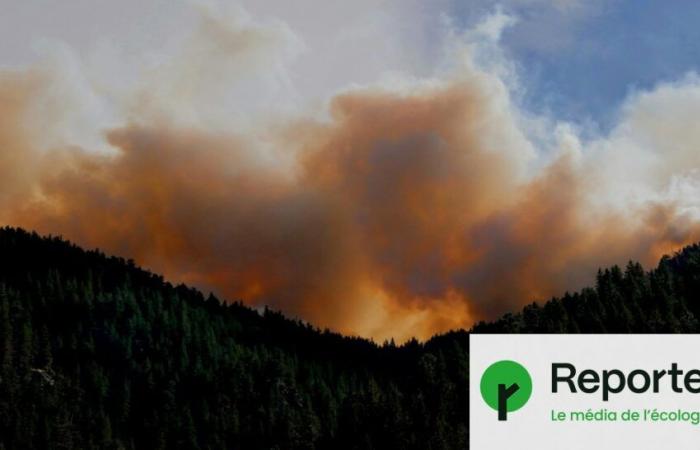This is a timely clarification, right in the middle COP29 on the climate. To limit global warming to 1.5°C, as the ambition of the Paris Agreement, we would have to achieve carbon neutrality in 2050. That is to say, achieve « net zero emissions » of CO₂ on this date. But the way states calculate their emissions figures is biased, so that even if they achieve carbon neutrality, warming could continue. This is the alert launched by an international team of scientists, in a study published on November 18 in the journal Nature.
The objective of « net zero emissions » emerged in the scientific literature in 2009, write the researchers, before establishing itself in IPCC reports and international negotiations. This neutrality means that a balance must be achieved between carbon emissions of human origin on the one hand, and the capture and storage of the latter on the other.
False calculations of carbon footprints
Problem: for this neutral balance of emissions to stabilize warming, scientists planned to take into account only the carbon actually emitted and eliminated by human activities. In other words: that forests, oceans and others « natural wells »which capture carbon naturally, are not included in the calculation.
However, more and more carbon assessments are integrating these natural sinks into their scenarios, in order to more easily achieve carbon neutrality. This can distort the calculation in several ways, including counting as « negative emissions » the capture of carbon by vegetation which would have taken place even without human action.
Not all storage is equal
The risk is also that these carbon sinks are only temporary: under the effect of warming, climatic retraction loops can be triggered, with for example the multiplication of forest fires which release the carbon captured by the trees, making the balance sheet « net zero emissions » very ephemeral.
In other words, the carbon removed from the subsoil, and sent into the atmosphere through the use of fossil fuels, must return to the subsoil. If it is captured, for example, by a forest, the storage is neither as safe nor as long-lasting. Geological storage is therefore more advantageous in this regard. The pinnacle of efficiency, however, still remains the reduction and non-use of fossil fuels. Otherwise a country « carbon neutral » could continue to contribute to global warming.
legend






